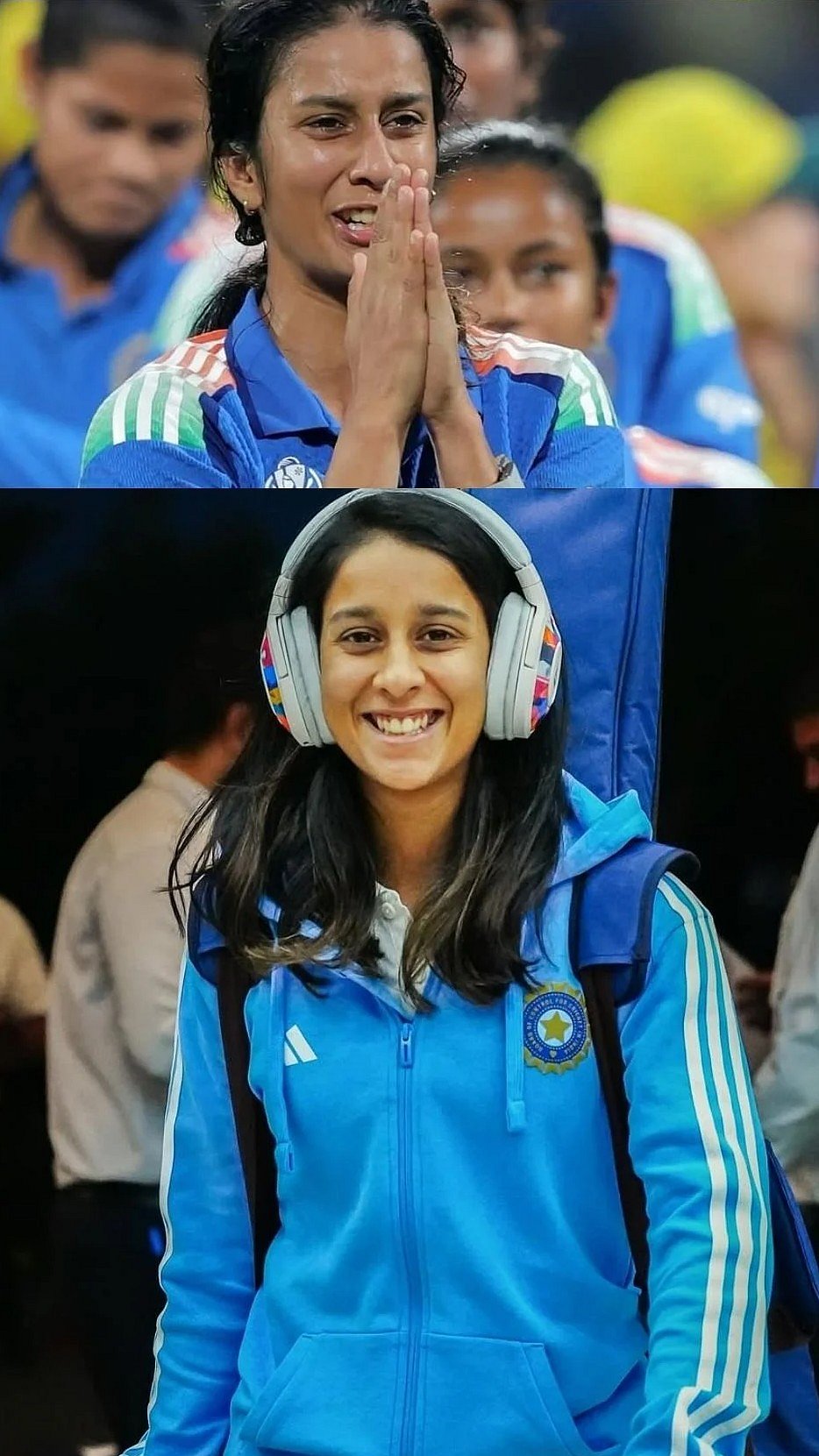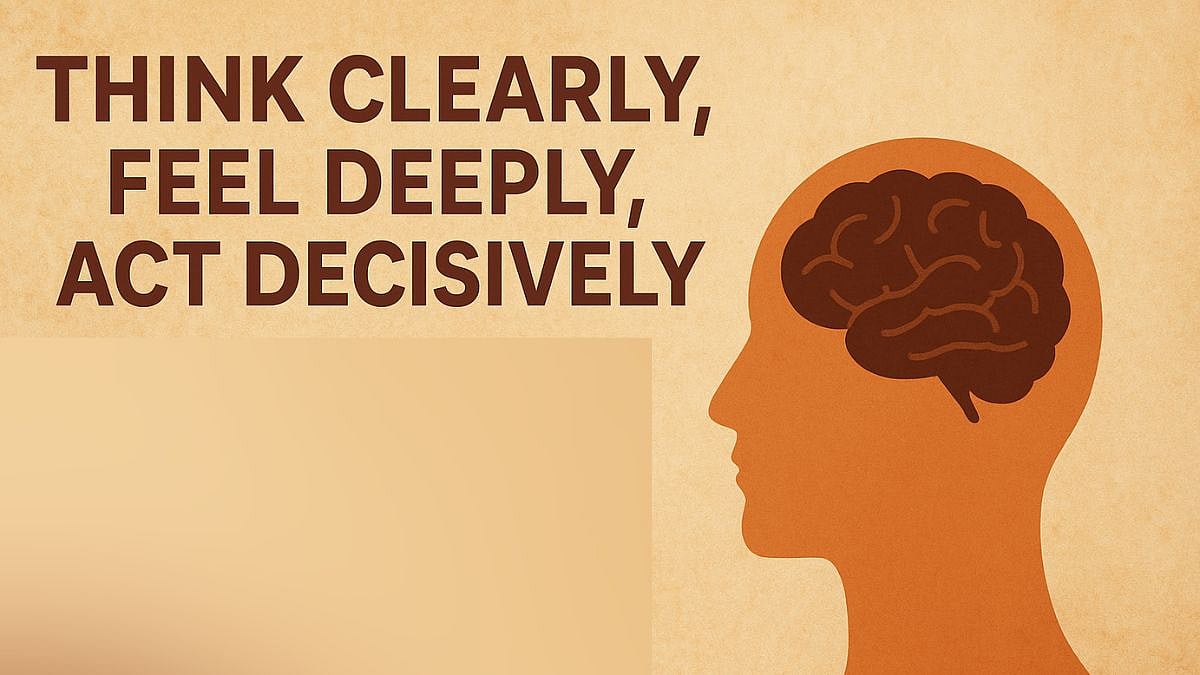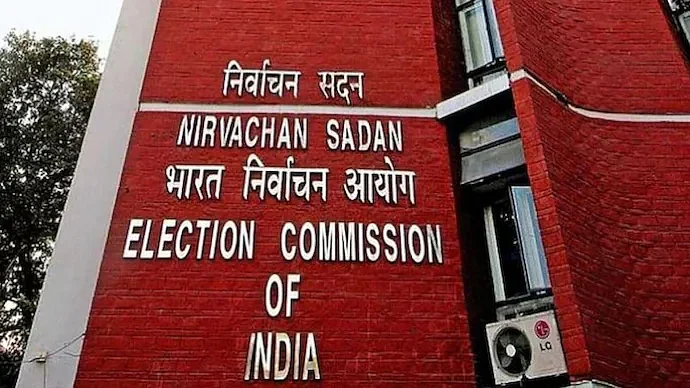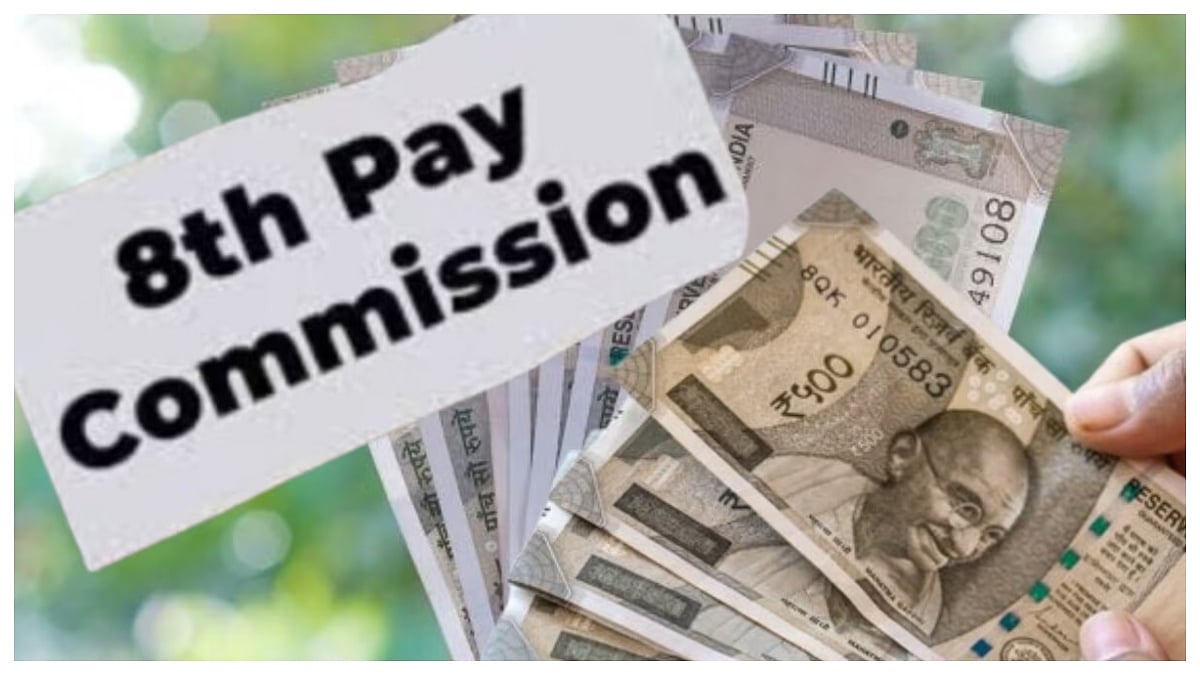At 62, Uddhav Thackeray is only a few years older than the Shiv Sena, the nativist political party started in June 1966 by his father, the late Bal Thackeray. As the chief of one half of the party since it was split by Eknath Shinde last year, he finds himself at crossroads after the Supreme Court verdict. Thackeray responded to the SC verdict as an ethical and moral victory for himself and called for Shinde, once a local leader who would patiently wait in the ante room for his audience, to step down. With more party leaders looking to cross over to Shinde’s Sena and the all-important election to the Brihanmumbai Municipal Corporation on the horizon, Thackeray has his back to the wall despite his claim to the moral high ground.
Should he just give up and walk into Mumbai’s sunset? Or should he draw inspiration from his first passion, wildlife and photographing it, and fight back? It is important to recognise the phases of his political career, chequered as it has turned out to be. To the Sena cadre and second rung leaders, he was merely Uddhav when the senior Thackeray called the shots. After the latter passed away in 2012, he came into his own and belied predictions of political doom by keeping the party together, taking on its oldest ally Bharatiya Janata Party, and winning elections at all levels. Uddhav Thackeray appeared to be a political player; with no administrative experience, he held reins as Maharashtra’s chief minister and seemed to find his groove.
His core character, though, has never been that of a politician like say Sharad Pawar or Nitish Kumar or Naveen Patnaik and MK Stalin who play the mean game with panache, plot against friends, embrace rivals, and keep their flock together by any means required. He is also not in the Rahul Gandhi mould who can take the worst barbs and attacks on his chin, keep his cool, and soldier on with a strong people connect. Thackeray is a career politician who had neither the choice of his career nor the ability to walk away from it all.
He may still be able to swing some sympathy from loyal Shiv Sainiks and get a few seats in the BMC election or any next election. However, this is not enough. He has presided over the disintegration of the party his father nurtured. It was not a party with magnificent or transformative ideology, and its strongarm methods were worthy of scorn in a democracy, but Maharashtra’s politics – especially urban politics – needed the local articulation of issues that the Shiv Sena brought to the political arena. If not for himself, Thackeray owes it to Shiv Sainiks to honestly resurrect the party and give it a new direction in the changed political framework. And his son Aaditya need not be at the helm.
‘Bigdi’ baat
Prime Minister Narendra Modi and his media team believe that they have elevated the art of political communication in the country to a different and higher level in the last few years with their emphasis on reaching Indians directly – without media intermediaries. The monthly radio monologue, Mann ki Baat, on the last Sunday of the month started off as one such outreach and was projected as a space where the country’s Prime Minister speaks straight from his heart to the people on the streets and villages. Over time, as with any media programme, the novelty faded and it settled into its own hubris. This showed in the fanfare and spectacle around its 100th edition last month.
Mann ki Baat, often derided by Modi’s detractors as mon-key baat, has always been emblematic of showmanship and non-democracy, given that the country’s head of government speaks to the people when his job is to listen to them and their woes. But the 100th episode showed the propaganda nature of this media outreach in its entirety. Not only were people corralled into listening to Modi, but it transpired that 36 nursing students at the National Institute of Nursing Education, a division of the central government’s Chandigarh-based Postgraduate Institute of Medical Education and Research (PGIMER), were punished for not listening to it and prohibited from leaving their hostel for a week.
This is to be condemned. Political communication in a non-democratic framework often descends into “compulsory” one-way speech from the powerful to others. This smacks of authoritarian or totalitarian regimes in which the top leader’s every word is worshipped – detractors punished. If Modi truly believes in democratic values, he needs to revisit the programme format to speak less and listen more.










